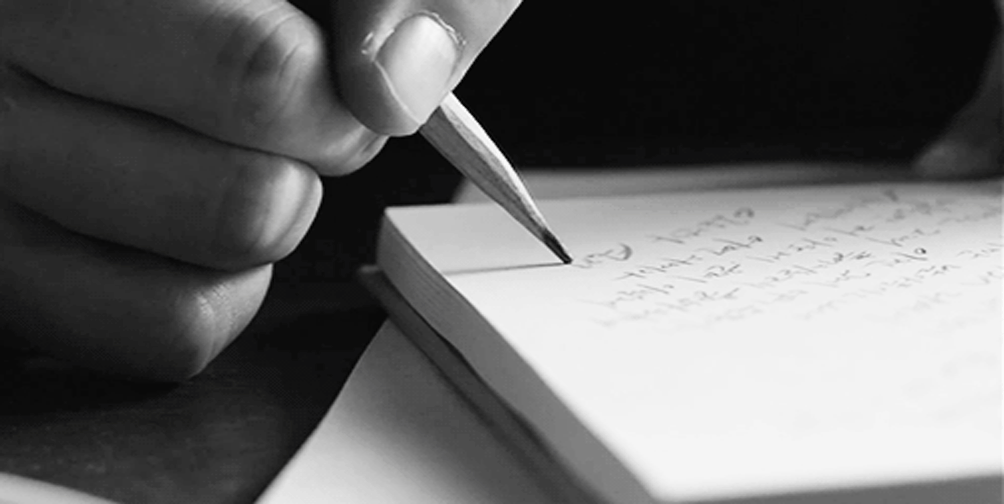Hello and welcome!
époque press is an independent publisher based between Brighton and Dublin established to promote and represent the very best in new literary talent.
Through a combination of our main publishing imprint and our online ezine we aim to bring inspirational and thought provoking work to a wider audience.
Our main imprint is seeking out new voices, authors who are producing high-quality literary fiction and who are looking for a partner to help realise their ambitions. Our commitment is to fully consider all submissions on literary merit alone and to provide a personal response.
Our ezine will showcase a combination of the written word, visual and aural art forms, bringing together artists working in different mediums to encourage and inspire new perspectives on specific themes.
For details of how to submit your work to us for consideration please follow the submissions guidelines and for all other enquiries please email info@epoquepress.com
Hello and welcome!
époque press is an independent publisher based between Brighton and Dublin established to promote and represent the very best in new literary talent.
Through a combination of our main publishing imprint and our online ezine we aim to bring inspirational and thought provoking work to a wider audience.
Our main imprint is seeking out new voices, authors who are producing high-quality literary fiction and who are looking for a partner to help realise their ambitions. Our commitment is to fully consider all submissions on literary merit alone and to provide a personal response.
Our ezine will showcase a combination of the written word, visual and aural art forms, bringing together artists working in different mediums to encourage and inspire new perspectives on specific themes.
For details of how to submit your work to us for consideration please follow the submissions guidelines and for all other enquiries please email info@epoquepress.com



époque press
pronounced: /epƏk/
definition: /time/era/period



époque press
pronounced: /epƏk/
definition: /time/era/period
Clara McShane
Poetry
Withdrawing
On glummer Tuesday evenings
I sketch you,
mottled pages of my marbled trinket notebook
filling in the hazy contours of your face.
Sometimes, my crude pencilling widens
the gulf between your eyes and nose,
(it’s like that, with drawing)
and I force a brilliant laugh, or two,
painting the pretence
of a purposeful impressionist.
I draw your hands behind your back, at times,
or not at all.
Drawn hands look sausage-like, to me,
cartoonish and scrawly,
and simplistic, given that you are real, now
to something.
Six weeks ago, you removed me
from your virtual darkroom of developments
of living sketches glowing in screaming red.
I sketch you, still, erasing the tiny twisted lines
that jolt from my wicked pencil,
summoning your homely eyes,
digging pensive holes into the brittle paper,
alternating my hands with yours.
On Wednesdays, I pass the grimy orange bus-stop
and count inanimately
collecting, with each step, a store of solid sketches,
sleeping trees, cars,
things without hands,
to draw closely behind you.

Clara McShane is an emerging writer from Dublin with a BA in Psychology. She has been writing for most of her life, and finds a sense of peace and balance from engaging with poetry and prose. Her poetry has been published in The Caterpillar Magazine and A New Ulster.
Of the poem featured here, Clara states:
‘This poem explores the difficult process of withdrawal from a relationship, romantic or otherwise. Remembering the person as they were can often be compromised by painful emotions, time, and cognitive biases. Often, remembering clearly is too painful for us, and a warped sketch of who they were provides us with a strange sense of comfort. The narrator sketches the subject without hands, oscillating between wanting to remove their human complexity and scrambling to preserve it.’








